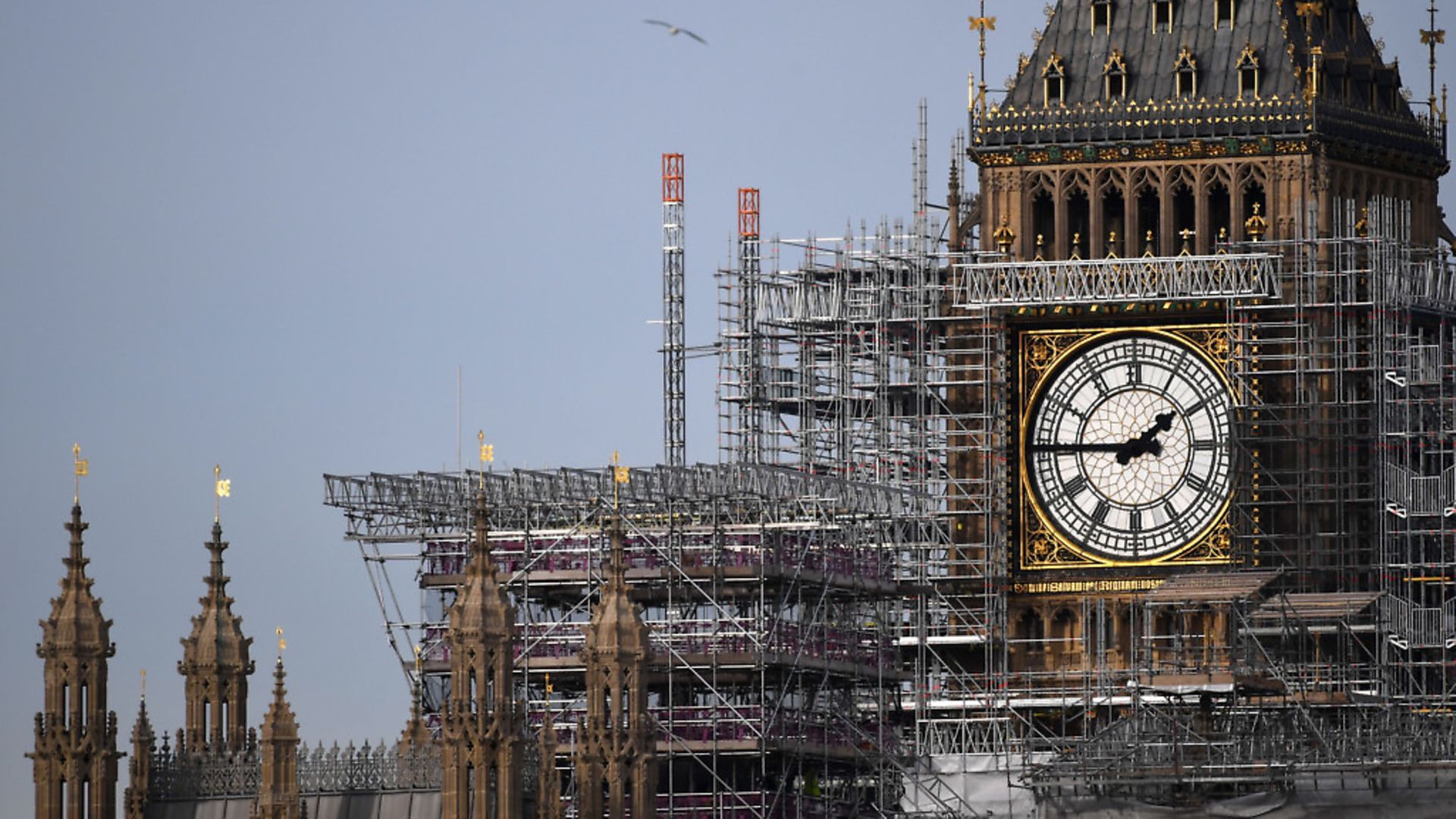
Time is running out for a broken parliament
The Chequers deal is dead-on-arrival in both Westminster and in Brussels. Boris Johnson is openly scorning the prime minister’s plan, while offering precisely zero details on an alternative. And Nick Boles has suggested the UK should jettison its current proposals for transition – which are themselves far from a done deal – in favour of an unattainable EEA transition.
In short, the UK is nowhere with Brexit. That would be bad enough the day after the vote to leave the EU – any sane vote would have been based on an actual exit plan – but we’re now two years on and the clock is ticking faster than the UK’s politicians appear to have realised.
As of this Thursday, there are just 204 days until March 29, 2019, the date on which the UK will automatically leave the EU – deal or no deal – barring major legal and political developments, plus the consent of EU governments.
In other words, time is running out, but is doing so far faster than this headline figure of 204 days suggests – especially when it comes to parliament, the only body that has the power to shape, oversee, or reverse Brexit.
Here’s how the numbers break down: parliament has only just returned after a long summer recess, and next week will take another month-long break for party conferences. A few weeks after that, parliament takes another week off, returns for six weeks or so, and then they take another holiday for Christmas.
Once we knock out parliament’s planned recesses, we also have to factor in that parliament barely sits on Fridays (the time is reserved for poorly-attended debates on backbench bills, with virtually no chance of passing). That leaves just 95 days in which parliament is sitting before the UK’s deadline to leave the EU.
If we’re thinking about what the end of the road looks like, we’re going to find out sooner than we’ve realised: we’re already in the last 100 days to fix Brexit, and we cannot devote all of those to tackling it, either.
The UK government has to pass its annual budget before the end of the year, in which the chancellor will have to set out the first hints of how he intends to provide a promised extra £20 billion for the NHS, and in which the government has pledged to set out the framework for its spending through until the next election.
At an absolute minimum, this will take four days of parliamentary time plus the time required to pass the actual finance bill. Any emergencies and political crises that come up between now and March will eat into this time, as will planned opposition debates and other events.
The UK has staggered its way through the Brexit process like an exhausted drunk – shouting out lengthy but impossible plans it has no means to follow-up on, and would make no attempt to if it were in its right mind.
The latest flurry of political headlines on Brexit suggests no-one has any plans to change the tone of the debate either. The government is still talking up a Chequers ‘deal’ that it knows cannot pass, and wouldn’t get agreed in Brussels in any case. Brexiteers continue to shout about no deal and WTO terms as if either meant anything and wouldn’t be devastating.
There are problems on the Remain side too: despite what we might hope, there is almost no chance that we can actually revoke Article 50 unilaterally, which would mean we would need clarity from the EU Commission and Council on what it would actually take to do so.
The government is currently led by someone who has publicly vowed not to hold a referendum on any final deal, with or without the option of reversing Brexit. At minimum this would require a Conservative leadership contest, which if not sewn up by MPs would take up to two months and would almost certainly be won by a Brexiteer.
It would also almost certainly need a second election, which would take seven weeks at the bare minimum. The time is running out to get any kind of Brexit deal, but we need to be real: the time to stop Brexit is running out even more rapidly.
Before we know it, the only thing we might have the time for is a catastrophic no-deal Brexit, with only the most extreme elements of it abated by short-term fringe deals.
As you read this, parliament has at most 95 sitting days to fix or stop Brexit. It will likely have less. There is at present almost nothing for it to do: the government likely won’t have any progress in talks until at least October, and possibly not even then.
A final reminder: those 95 days can’t be saved up and they can’t be moved. Forty-seven of them are this year, and just 48 are left in 2019. Any plan, whether to salvage Brexit, stop it, or to find some form of hard Brexit May thinks she can agree or pass, has to live within those limitations.
The first, the urgent, and the only question for us when – if – any side offers up some form of plan is: is this something that could actually be done in just 200 days of real time, and 100 days of parliamentary time? If not, then abandon it at once. We’ve already wasted almost all the time we had.










